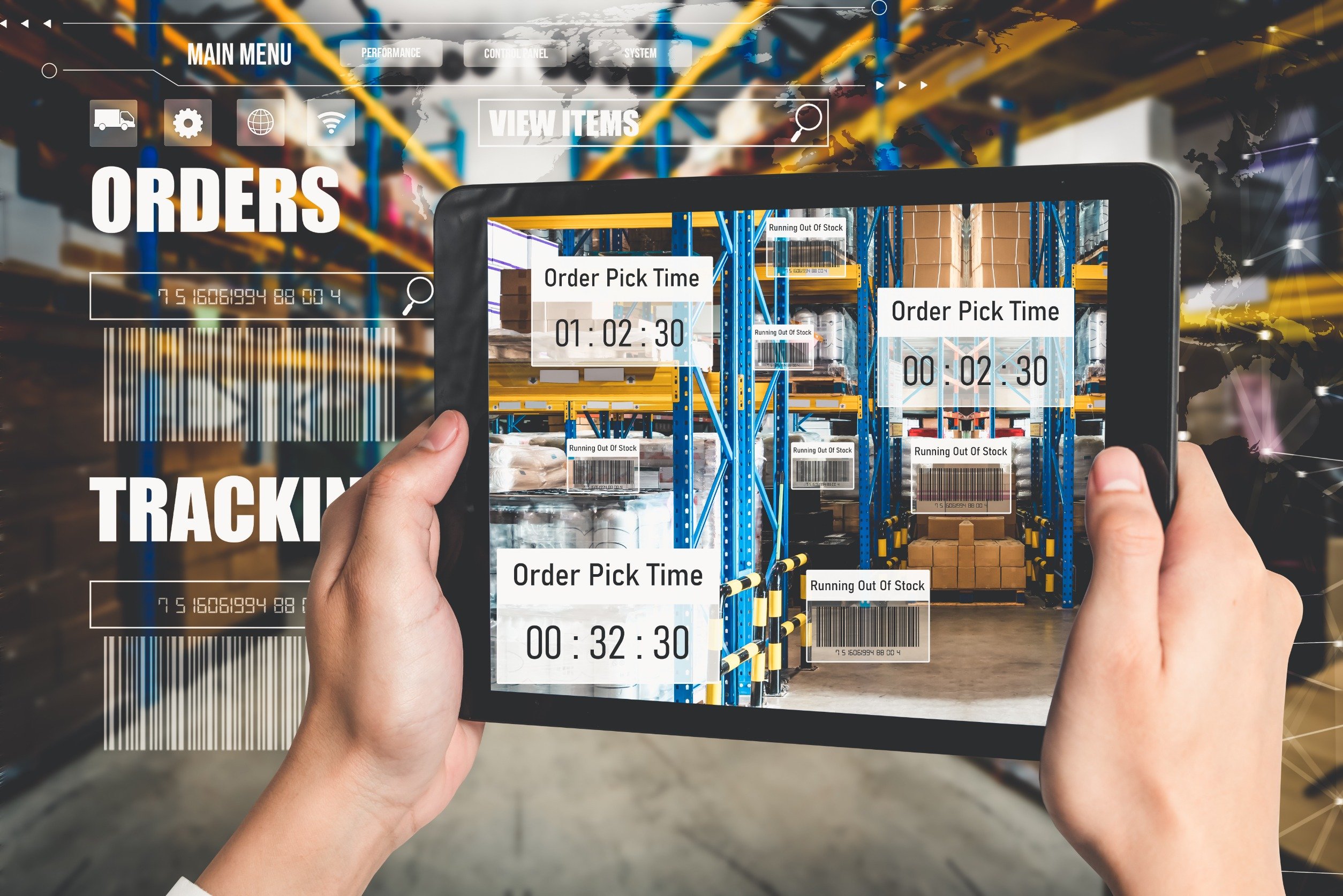A company’s ERP system typically represents years of development and investment. Its original focus was efficiently processing orders and data entry, which many of the older packages still do adequately. Where they aren’t strong is in important areas like data extraction, data analysis, generating reports, and user interfaces that match with a company’s unique processes. The end result? Lots of frustration and people coming up with workarounds like Excel Hell in order to get their jobs done.

- “Sales forecasting and reporting require extensive manual work. It’s difficult and time-consuming to get accurate, up-to-date information.”
- “We have dozens of spreadsheets and many workarounds that individuals have developed to simplify things. Getting useful data is a problem”
- “Our business is evolving faster than we can adapt the software to keep up with our process changes.”
- “The same data is being entered multiple times in different places, and then still has to be written again on a white board in the shop, where it is immediately outdated.”
- “It’s not user friendly, not easy to configure and does not easily tie into other systems. Generally we feel that we are only sticking with this system due to our investment”
Sound familiar? So does this mean it is time to replace your older ERP system with a new one, or upgrade? Possibly, but in many cases the answer is “no.”
Instead, picture an expert “system” that sits on top of the current one and plugs the key functionality gaps in ways specifically tailored to your operations, at a fraction of the cost of a new system or customizing what you have. This type of targeted investment is less risky, less expensive and delivered more quickly than a system replacement or customized upgrade. You get exactly what your users need.
Replacing your existing system is costly, time consuming and likely unnecessary. Consider working with an expert in getting your software to function in ways you need it to work, not only now, but as your business evolves and must adapt to change. A second set of eyes is beneficial, not only to gain knowledge but also to provide the objectivity you need for this type of decision.


